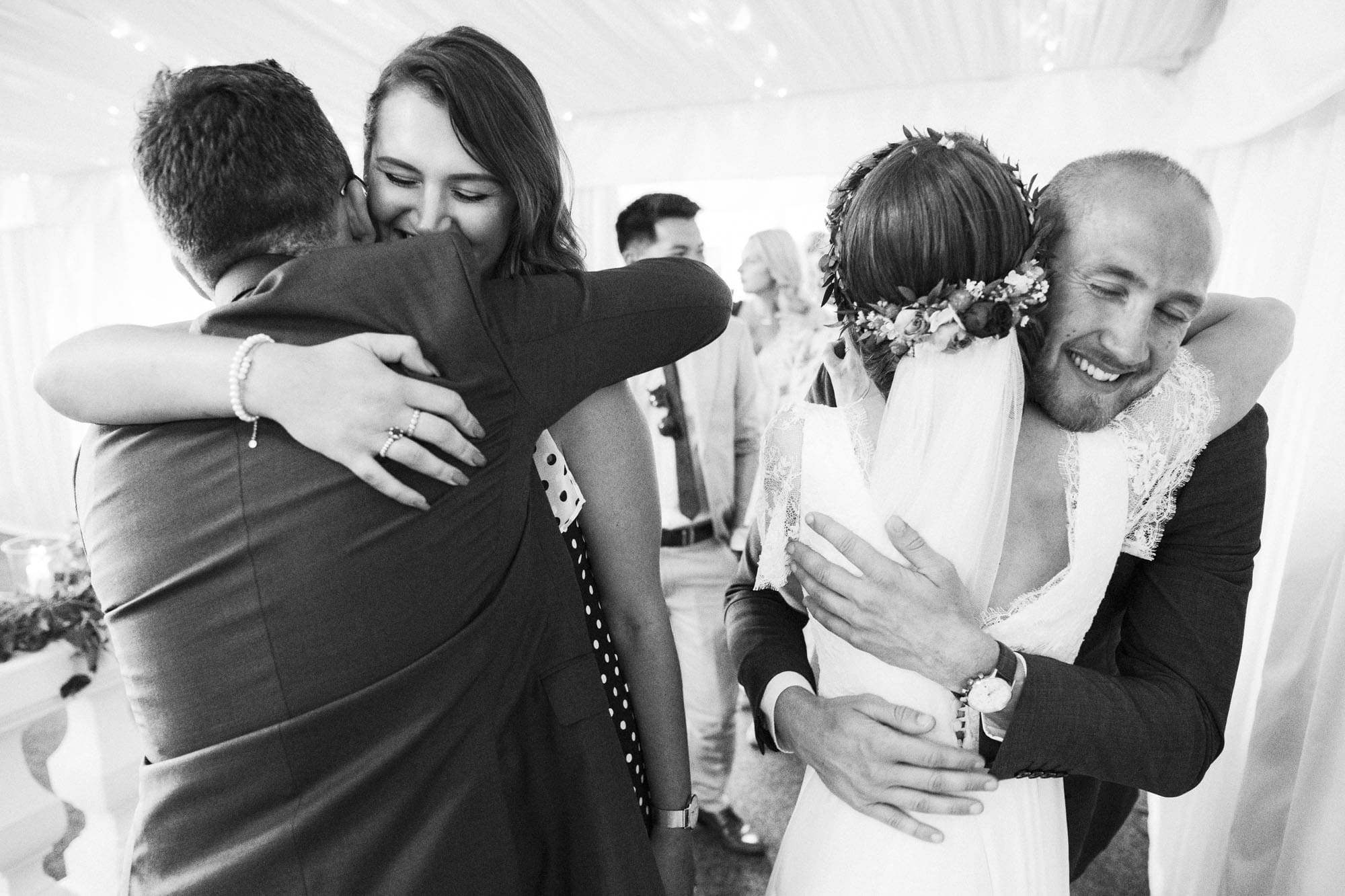The long term value of photographs
It was in a discussion with my dad only a few days ago that a thought hit me. We were discussing a set of plate photographs that he owns and they depict an old building in the east of England. The plates also contained portraits of the well to do family that inhabited said building, as well a the lords and ladies of the day playing cricket on the lawn, anyone for Tiffen?
It occurred to me that at no stage would anyone consider the future of those photographs. They expose the plate, develop the picture, produce a print a few weeks later. The negative is stored away, forgotten about in an archive and unearthed one hundred years later. That’s right boys and girls, these plates are genuine antiques. No one considers the future potential of a photograph at the point of taking it. Images and video are something of a commodity, an item that is taken for granted. When was the last time you read a news article that didn’t have an accompanying picture?
It will be interesting to see how photography evolves over my lifetime as the world moves towards video. Faster internet connections and processing power means that video will no doubt usurp photographs in certain arenas, but will photo frames of family moments be recorded in the same fashion? Will we end up in a Harry Potter type scenario, where, although presented as a still image, there is an element of movement to it – admittedly that would be cool.
There is a commodification of the photograph that has taken place. Combined with the rapacity for consumption of media, is the medium doomed to become mere content? This is why I’ve always struggled with fashion photography as a genre, it’s nature is to be consumed and discarded, much like the clothes it depicts, maybe I should enter this field and apply a new way of thinking to it, to challenge myself and the entire genre? Tempting.
It’s also why I struggle to comprehend the necessity to create posed images purely for social media. It’s not uncommon to find wedding blogs and wedding magazine recommending that you include in your contract a 24hr turnaround of certain images ‘for the gram’, this turns my stomach. Creating mere content lessens the value. The images enter the same stream of content as all other mundane posts and advertisements. If your wedding photographs are viewed on the same platform that you look at holiday snaps, or post hundreds of pictures of a family pet, does that not lessen their significance? I think wedding photographs are worth more than that, they should be printed and enjoyed in your home. They are for your legacy, not solely for the public’s consumption, to be scrolled past…I feel an essay coming on.
Pictures that show real stuff, real emotions, will always be more valuable in the long run.

This thought process is probably prompted as well by a particular family photograph that sits on my parents mantelpiece. It is of my father and his siblings, two of which, are sadly no longer with us. There is only one print of it, and it has pride of place in my parents house. Not for general public consumption, it is a marker of the times we have loved, and the people we have loved. There’s a great deal of value in keeping certain aspects of life private.
Then again, I do of course post pictures on social media. Hello mr hypocrite. What to do? Go against the grain and say none of my work can be seen online? And forbid people from posting it? That could be a fun angle, single handedly championing the photographs legacy, you cannot post it online, and it only exists in print form, all digital copies will be deleted! I bet that would certainly increase the level of care we took of our photographs if that were the case!
Where is this article going? I don’t actually know. I’m going to round it off by saying make sure you get a picture with your close family and friends, even if they are more leaning towards the formal elements of wedding photography. Life goes on, people move away from you, some even pass on, you never know, in sixty years time, it may be the most cherished photograph you have.
